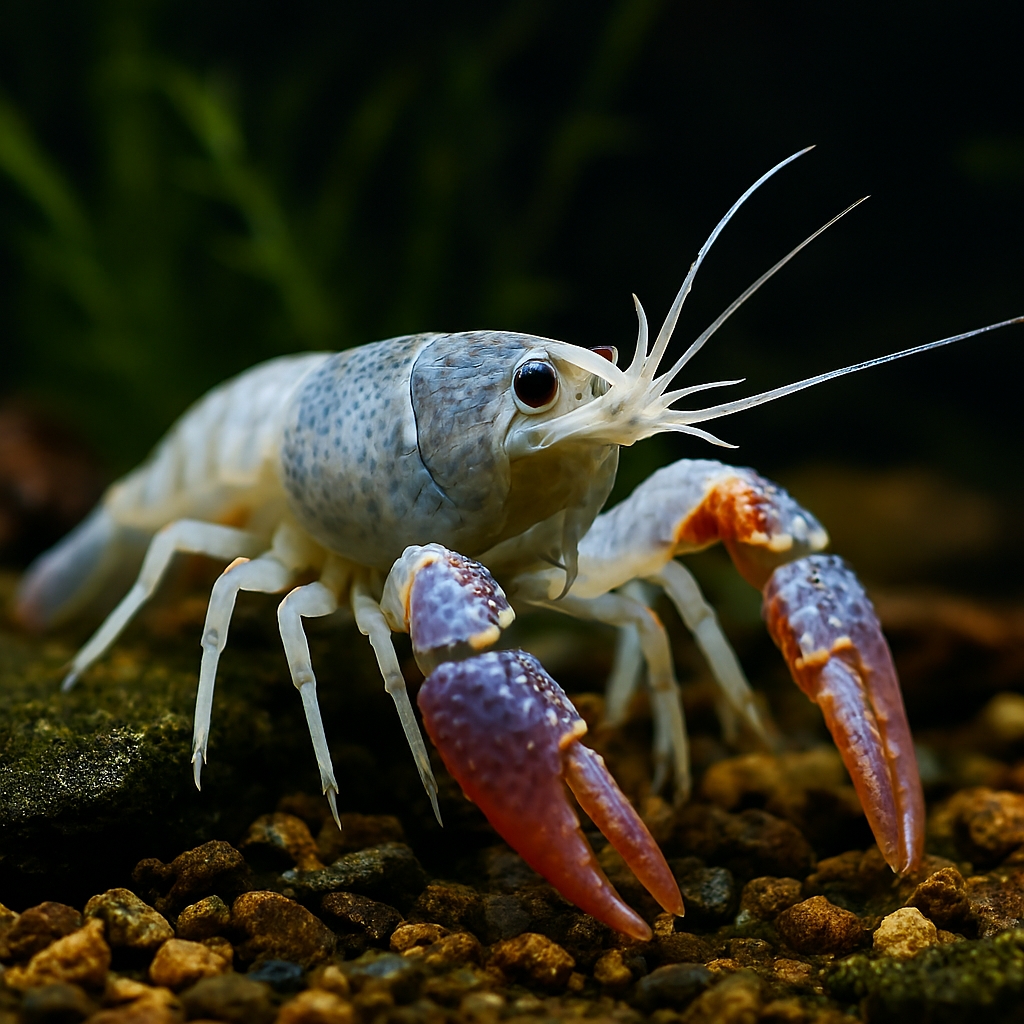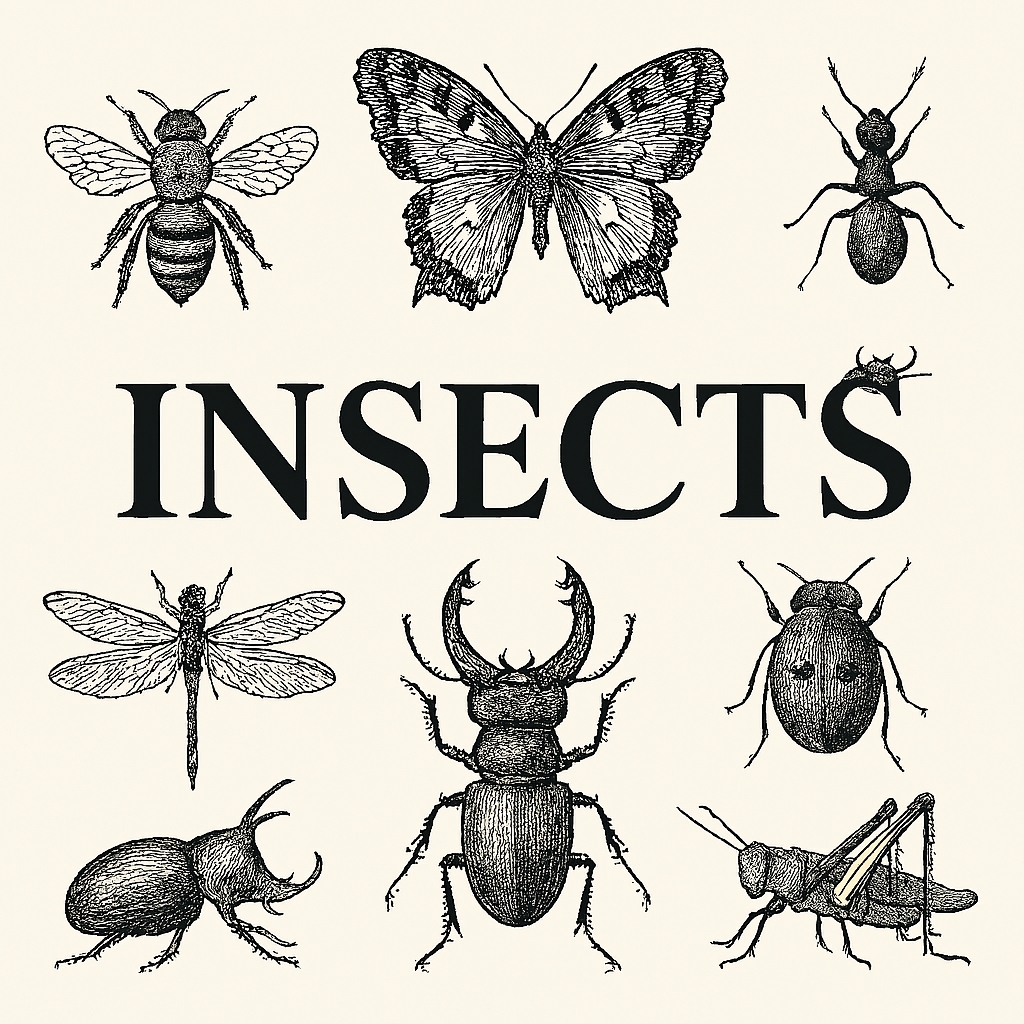Eco-Farming and Pigs And The Unlikely Duo Boosting Ecology
Eco-farming and pigs may seem like an unlikely pair, but they are working together to improve our ecology in surprising ways.
The Role of Pigs in Eco-Farming
Pigs play a crucial role in eco-farming. They are natural tillers of the soil, rooting up the ground in search of food. This tilling action helps to aerate the soil, improving its structure and fertility. Moreover, pigs’ manure is a rich source of nutrients for the soil. When managed properly, it can significantly enhance soil fertility and crop growth, reducing the need for synthetic fertilizers.
Eco-Farming: A Win-Win for Pigs and the Environment
Eco-farming practices provide pigs with a more natural and humane living environment. They are allowed to exhibit their natural behaviors, such as rooting and wallowing, which contributes to their overall well-being. At the same time, these practices benefit the environment. By integrating pigs into the farming system, we can recycle nutrients, reduce waste, and minimize the environmental footprint of pig farming.
Case Studies
Real-world examples of farms that have successfully integrated pigs into their eco-farming practices is happening at the moment but at the moment the whole idea is still new and eventually this with case studies will make the concept more tangible and understand the ins and outs of the situation.
Benefits to Farmers
Pigs can be economically beneficial for farmers. For instance, it could reduce costs associated with purchasing fertilizers or tilling equipment. These animals also maintain the land and keep the microorganisms thriving. Also the development of earthworms to help maintain & enrich the soils
Challenges and Solutions
The potential challenges of integrating pigs into eco-farming and how they can be overcome is still in the works. This could include managing waste, ensuring animal health, and maintaining crop productivity.
Nature’s Recyclers
One of the lesser-known benefits of pigs in eco-farming is their ability to consume and break down tough plant materials that are typically hard to decompose. This includes the leftovers from rice plants, which are often left in the field after harvest.
Pigs have a robust digestive system that can handle these fibrous materials. As they consume the rice plant leftovers, they break them down into smaller pieces. This process not only helps to clear the field for the next crop cycle but also contributes to the nutrient cycle.
The digested plant materials are excreted as manure, which is rich in nutrients. When this manure is incorporated into the soil, it enhances soil fertility and promotes the growth of beneficial soil organisms. This way, pigs help to recycle nutrients and improve soil health, making them invaluable partners in eco-farming.
Future Trends in Eco-Farming with Pigs
As we look to the future, several trends could shape the role of pigs in eco-farming:
Precision Farming: With advancements in technology, precision farming techniques could be applied to eco-farming with pigs. This could include the use of sensors to monitor the health and well-being of the pigs, or GPS technology to track their movement and grazing patterns. These technologies could help farmers manage their pigs more effectively and sustainably.
Regenerative Agriculture: There is growing interest in regenerative agriculture, which goes beyond sustainability to actively improve the health of the environment. Pigs could play a key role in these systems, helping to recycle nutrients and improve soil health.
Local Food Systems: As consumers become more interested in where their food comes from, there could be increased demand for products from eco-farms. Pigs raised in these systems could be marketed as a premium, eco-friendly product.
Policy Changes: Changes in agricultural policy could also impact eco-farming with pigs. For example, policies that incentivize sustainable farming practices or penalize environmental degradation could make eco-farming with pigs more attractive to farmers.
These trends suggest a promising future for eco-farming with pigs. As we continue to innovate and learn, it’s exciting to imagine how these practices might evolve.
Join the Discussion
Eco-farming and pigs are showing us that agriculture and ecology don’t have to be at odds. They can work together to develop & create a more sustainable and long-term humane food system. What are your thoughts on this? Share your views and join the discussion using the hashtags #EcoFarming and #PigsForEcology.
#EcoFarming #SustainableAgriculture #PigsInFarming #Ecology #FutureOfFarming #SoilHealth #RegenerativeAgriculture #PrecisionFarming #LocalFoodSystems #PolicyChange #FarmLife #GreenFarming #FarmToTable #NatureRecyclers #SustainableSymbiosis

















Leave a Reply